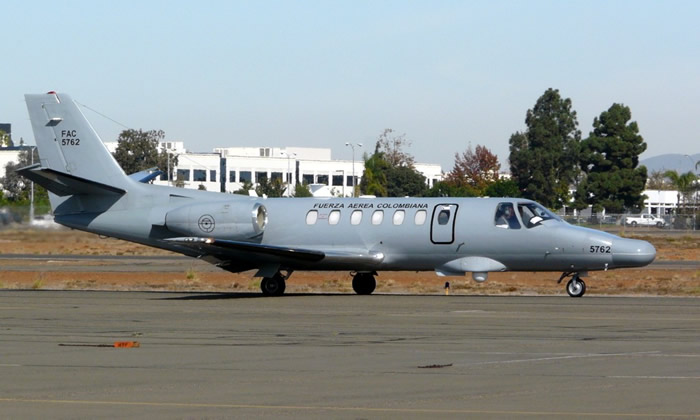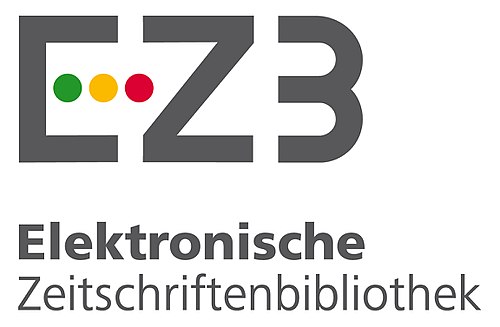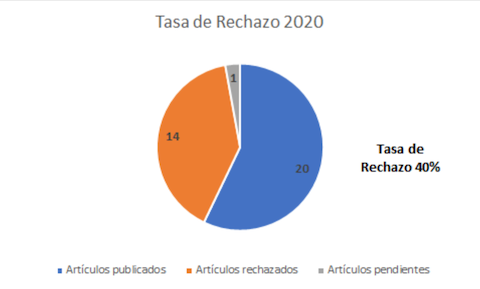Espionage and Security Agencies: The United States and the Russian Federation
DOI:
https://doi.org/10.18667/cienciaypoderaereo.138Keywords:
Espionage, Information, National Security, Russian Federation, Security Agencies, United StatesAbstract
The evolution of espionage and technology since the Cold War between the United States and the Russian Federation has been developed through the security agencies, but since September 11 attacks, there was a shift in the methods of combating terrorism; this issue became a priority for the United States and the rest of the world. For this reason there are rapidly developing programs for monitoring, gathering and analyzing of information, making use of cyberspace and cyber espionage, where we are all observed and privacy has been replaced by surveillance for safety’s ‘sake’.
Downloads
References
Barrientos Ramírez, F. (2010). El fracaso de la Comunidad de Inteligencia de Estados Unidos el 11 de septiembre de 2001: ¿Fallas humanas o sistémicas? Revista Política y Estrategia(116), pp. 43-85.
https://doi.org/10.26797/rpye.v0i116.138
Burghardt, T. (13 de julio, 2013). [En línea] Disponible en http:// www.globalresearch.ca/echelon-today-the-evolution-of-annsa-black program/5342646
Bush, G. W. (20 de septiembre, 2001). The White House. [En línea] Disponible en http://georgewbush-whitehouse.archives.gov/news/releases/2001/09/20010920-8. es.html de la Cámara, M. (22 de octubre, 2010). La Política Exterior de Rusia. Madrid: Real Instituto Elcano.
Duque Quicios, J. (2006). La comunidad de inteligencia estadounidense. Inteligencia y Seguridad(6), pp. 15-38.
https://doi.org/10.5211/iys.6.article3
Greenwald, G., y McAskill, E. (07 de junio, 2013). The Guardian. [En línea] Disponible en http://www.theguardian.com/world/2013/jun/06/us-tech-giants-nsa-data
Juventud Rebelde. (30 de agosto, 2013). Juventud Rebelde. [En línea] Disponible en http://www.juventudrebelde.cu/internacionales/2013-08-30/estados-unidos-potencia-espionaje sobre-rusia-/
Maldonado, C. E. (Julio, 2013). La red Echelon: el control de internet y de todas las comunicaciones. Le Monde diplomatique, pp. 30-31.
Morales Hernández, J. (Mayo de 2003). Los Servicios de Seguridad e Inteligencia en la Rusia de Putin. UNISCI Discussion Papers, 22.
Morelli, A. (24 de junio, 2013). Apuntes para una charla sobre la administración del conflicto internacional en el ciberespacio. Argentina.
Obama, B. (2014). Discurso del presidente Obama sobre el análisis de la estrategia de inteligencia de señales. Washington D.C.
Pachón Ovalle, G. (01 de junio, 2004). La red Echelon: Privacidad, libertad y criptografía. (P. d. Barcelona, Ed.)
Polo, H. (2009). La nueva politica exterior Norteamericana. El espejismo Obama. El viejo topo (262).
Ramonet, I. (Julio, 2013). ¡Todos fichados! Corporación Viva la Ciudadanía.
Sánchez Medero, G. (2009). Internet: Una herramienta para las guerras en el siglo XXI. Revista Política y Estrategia, pp. 21-31.
Serra, F. (2008). Rusia ante, contra o con occidente:diferentes posiciones en las relaciones entre dos ejes complementarios en el poder mundial. UNISCI Discussion Papers(17), pp. 87-88.
Tovar Ruiz, J. (2009). La política europea de Barack Obama: tres meses de nueva relación transatlántica, p. 5.

Downloads
Issue
Section
License
Assignment of Copyrights
Authors assign Ciencia y Poder Aéreo journal the exclusive rights (reproduction, distribution, public communication, and transformation) to exploit and commercialize their work, in whole or in part, in all the formats and modalities of present or future exploitation, in all languages, throughout the life of the work and throughout the world.
All contents published in Ciencia y Poder Aéreo journal are licensed under a Creative Commons Attribution 4.0 International License, whose complete information is available at http://creativecommons.org/licenses/by/4.0/
Under the terms of this license, users are free to download, print, extract, archive, distribute and publicly communicate the content of articles, provided that proper credit is granted to authors and Ciencia y Poder Aéreo, scientific journal of the Graduate School of the Colombian Air Force. Except when otherwise indicated, this site and its contents are licensed under a Creative Commons Attribution 4.0 International License.
For other uses not considered under this license it is required to contact the Director or the Editor of the journal at the e-mail address cienciaypoderaereo1@gmail.com.
The Graduate School of the Colombian Air Force and this publication are not responsible for the concepts expressed in the articles, including the metadata or the affiliation stated by authors. This is the full responsibility of the authors.





















